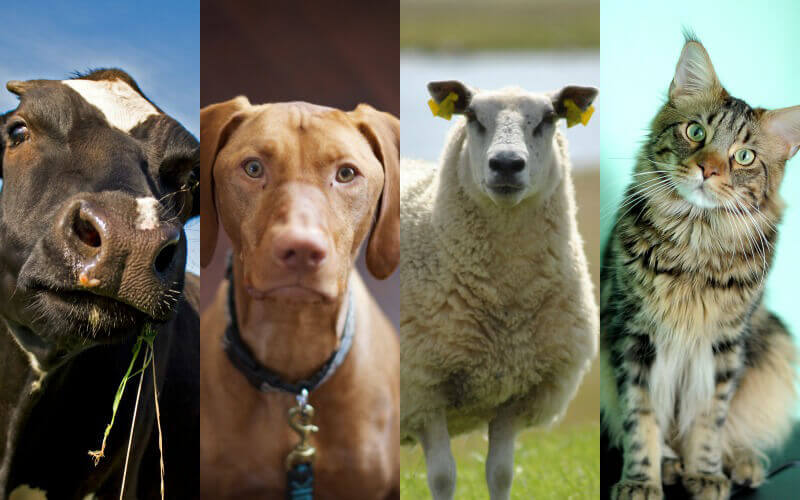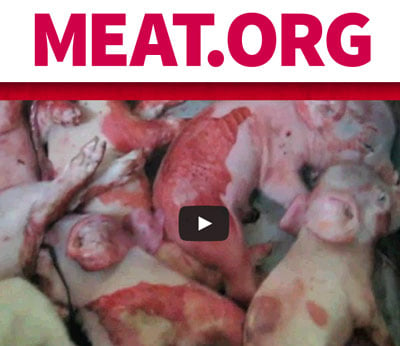It is amazing that some still "LOVE" leather seats as it suggests that massive ignorance remains pervasive on this topic, despite years and years of evidence of just how toxic and evil it is.I had a Model X lease for 3 years; those seats are not leather seats; you can wipe anything off of them. When I turned it in the white seats were still as good as new. They also don't wrinkle as leather seats do; don't get me wrong, I LOVE leather seats and still miss them, however, Tesla seats are very low maintenance.
A random list of informative sites may help; let's begin with 2006 from the UN FAO:

Animal agriculture is responsible for 18 percent of greenhouse gas emissions, more than the combined exhaust from all transportation.
From 2008:

The ethical wardrobe: Is it OK to wear leather?
Many ethical consumers excuse their leather purchases on the grounds that skins are simply a byproduct of the meat industry. The reality is not so simple, as Kate Carter reveals
The process of tanning leather is incredibly toxic. Most is chrome tanned, which results in carcinogenic chromium (VI) being pumped into the water table. While most factories in Europe and America can no longer get away with this practice, the same cannot be said of the vast leather industry in China, where many bags, jackets, and shoes begin life - including many bound for the luxury market. While leather can be tanned used non-toxic vegetable dyes, chrome tanning is faster and produces a flexible leather that's better for high-end bags and coats, so there's no incentive for factories to switch.
And the basics of all this are covered here:

14 Things the Leather Industry Doesn't Want You to See | PETA
If you love your dog and you're wearing leather shoes, you really need to see number three.
www.meat.org
In closing, the vast majority of us were lead to believe an amazing amount of things by our parents that were/are flat out wrong. Best to correct that faulty thinking ASAP . . . .



